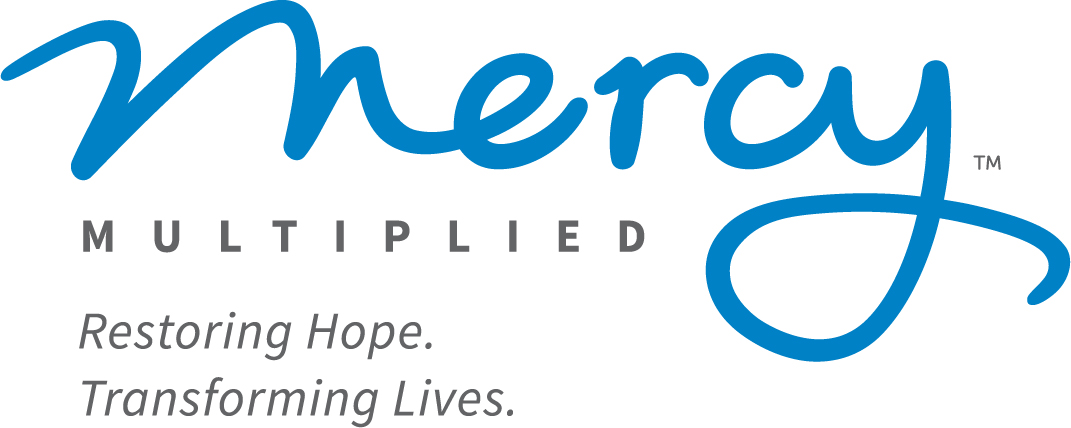Counseling as college students
College students are often hesitant to see a counselor or get help with their struggles. It may be due to the busy nature of student life, fear of judgment from peers, or a belief that your problem “isn’t bad enough.” For whatever reason, counseling in college is not always a priority.
However, if you are struggling, receiving support is crucial to your health and wellbeing, and not something that should be put off.
A few weeks ago, a friend and I were having a conversation about our experiences with counseling as college students. In light of that conversation, I wanted to address how therapy made a world of difference for both of us.
College before counseling
I went through my first year of college battling some disordered eating. It started in high school but was exacerbated by the freedom that came with moving away from home. Although I was still able to maintain my grades and keep up with a social life, it was not an easy task.
Obsessive thoughts about food crept into nearly every waking moment. My mind had little to no room for anything other than worry about food and my body. I was constantly preoccupied with concerns about what I was going to be eating, guilt surrounding food, and stress about exercise. This mentality became extremely dangerous to me—my actions and thoughts were harming me, but I didn’t even realize it at the time.
I recognize now that while at college, I was especially vulnerable because of the vast accessibility to unhealthy ways to cope with my struggles.
Before my friend started receiving counseling, she turned to alcohol and partying to grapple with many underlying issues, such as disordered eating, self-harm, depression, and anxiety. She was always a hardworking student, so she would throw herself into schoolwork, and then party on the weekends. Both of those activities served as a strategy to avoid confronting her mental wellbeing. However, due to expressed concern from friends, she eventually started seeing a therapist.
Counseling gives freedom from thoughts that hold us captive
My friend told me that once she started seeing her therapist, she saw a huge change in her self–image and emotional wellbeing and that she was able to be a better friend to others. When you are in a state of crisis 24/7 inside your own head, it affects every area of your life. She told me, “I had a pretty negative relationship with food since I was probably 11 or 12 years old, so to be able to eat intuitively and not control what I was eating all the time was an accomplishment made possible by months of counseling.”
I am also very thankful that I decided to see a counselor before my problems worsened. I was already in a bad spot, but it likely would have gotten even worse, had I not gotten help when I did.
During my freshman year, I believed that I would simply always think this way and that my mind would forever be trapped in thoughts of self-hatred and a lack of control. However, through a summer of consistent sessions with my therapist, I went into my sophomore year, much more equipped to handle my issues with food and body image. Although there was more work to be done, I found that I had so much more mental space for more important things— friendships, school material, and just making good memories while I was at school.
Improve your capability to succeed academically
My friend and I also discussed how difficult it is to focus on schoolwork when you are not in a good place mentally— something that seems obvious, yet so many college students still leave their issues unaddressed and suppress them.
My friend told me, “Because I was no longer having obsessive thoughts about food, and because I wasn’t experiencing bouts of depression all the time, I was able to complete my schoolwork much more easily. Going to class was a much easier task, writing papers wasn’t so daunting and overwhelming anymore, and the time it took me to complete my assignments was drastically diminished. Talking with my counselor when I was at rock bottom, at the point of considering dropping out for the semester, helped me develop strategies to complete my schoolwork, even amidst my worst depressive episodes.”
After getting some counseling, I too could see a considerable improvement in my ability to focus, my productivity, and my capability to deal with a stressful week. When I was at a very low point, I was taking a lot of unnecessary time to plan out meals, grocery shop, or worry about my food and workouts. Once I began to have a more laid-back approach to nutrition and was not constantly slaving away at trying to change my body, I automatically had more time. I was then able to use this new time and mental space to work on my classwork, and it was much easier to succeed.
Take the next step, see a counselor
To anyone hesitant to see a counselor or take time to care for their mental health, know that the Lord wants to take over here in order for you to find healing, even if you think you can “fix” yourself on your own.
Or, if you think your problems aren’t that significant, know that it is never a sign of weakness to seek professional help. You may be surprised at everything you realize about yourself, as well as how many areas of your life can improve from seeking counseling.
Because I was able to free my mind, my academic performance, my relationships with friends, and overall physical wellbeing improved immensely. I can confidently say that counseling in college changed my life!
For more resources about mental health in college, check out “Why I Took Time Off College” by 2016 Mercy Graduate Jordan! Want some more practical tips? Listen to our MercyTalk podcast “Seeking Help Before You Hit Rock Bottom.”
Mercy Multiplied is a free-of-charge residential counseling program that helps young women ages 13-32 break free from life-controlling issues and situations. Apply today or learn more about how Mercy can help you.

